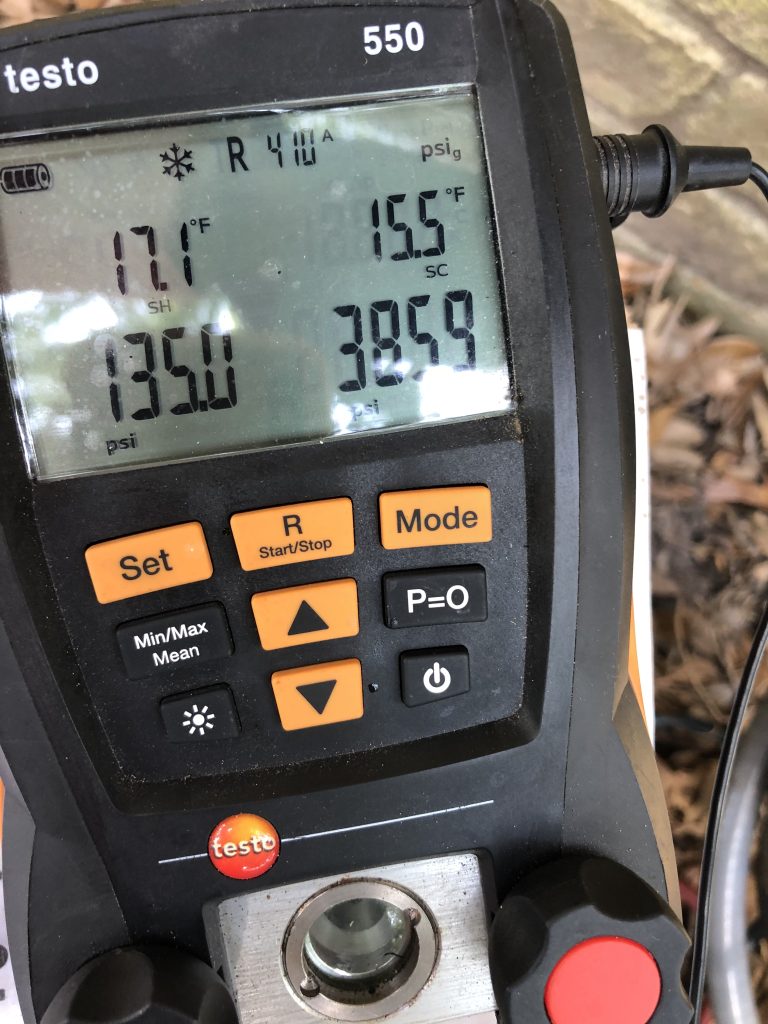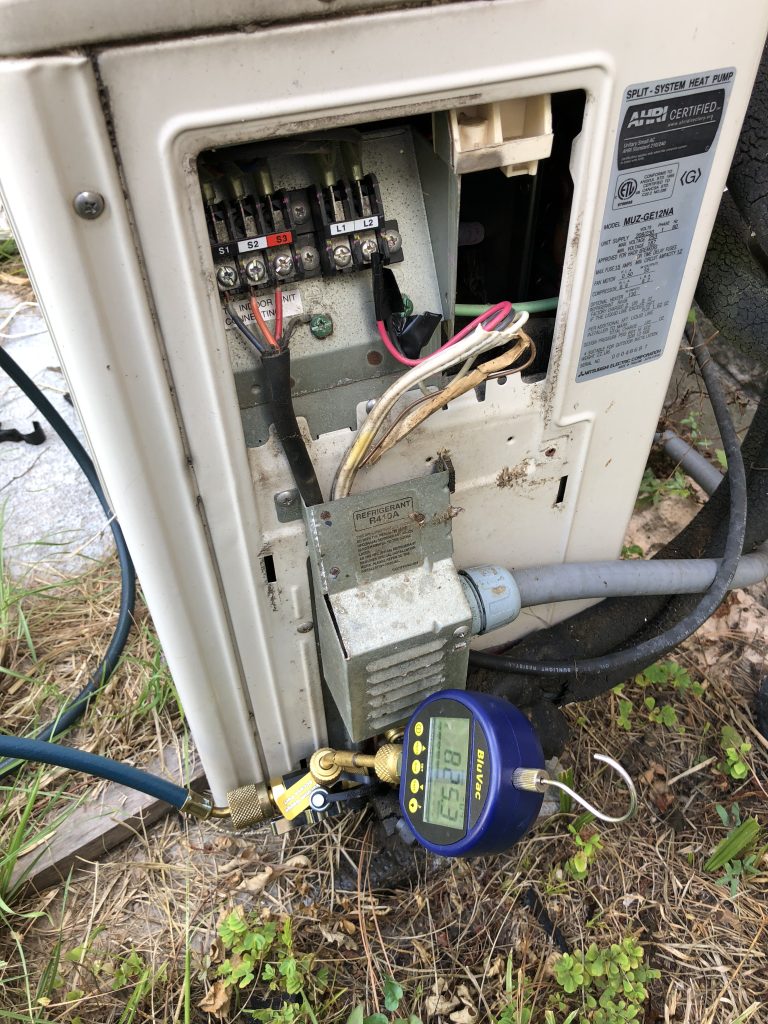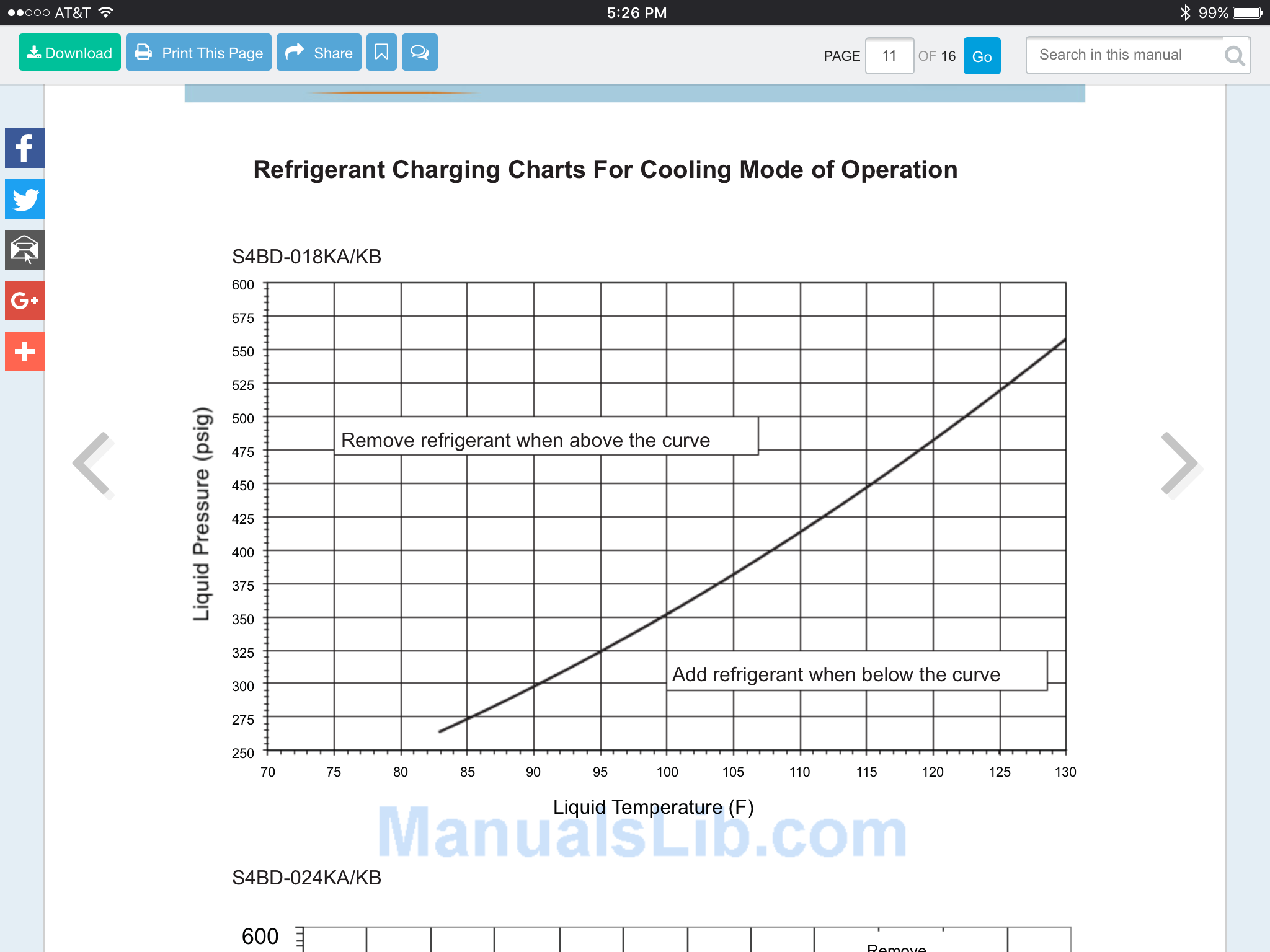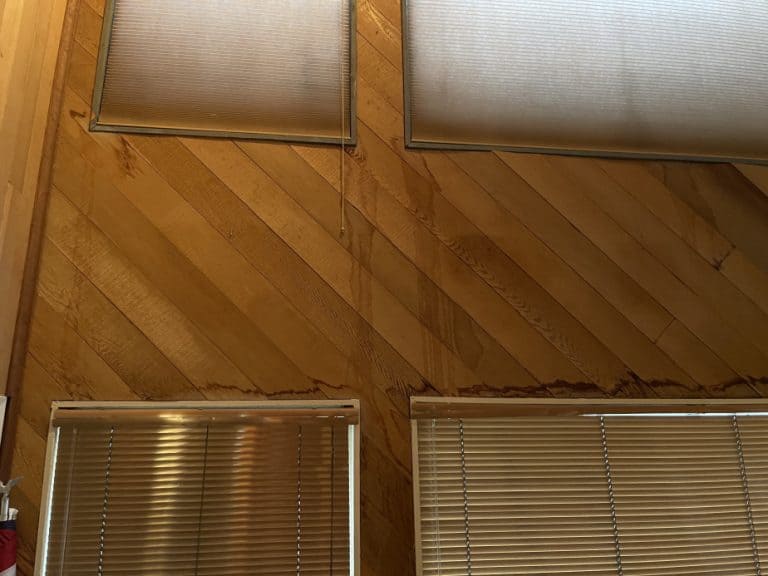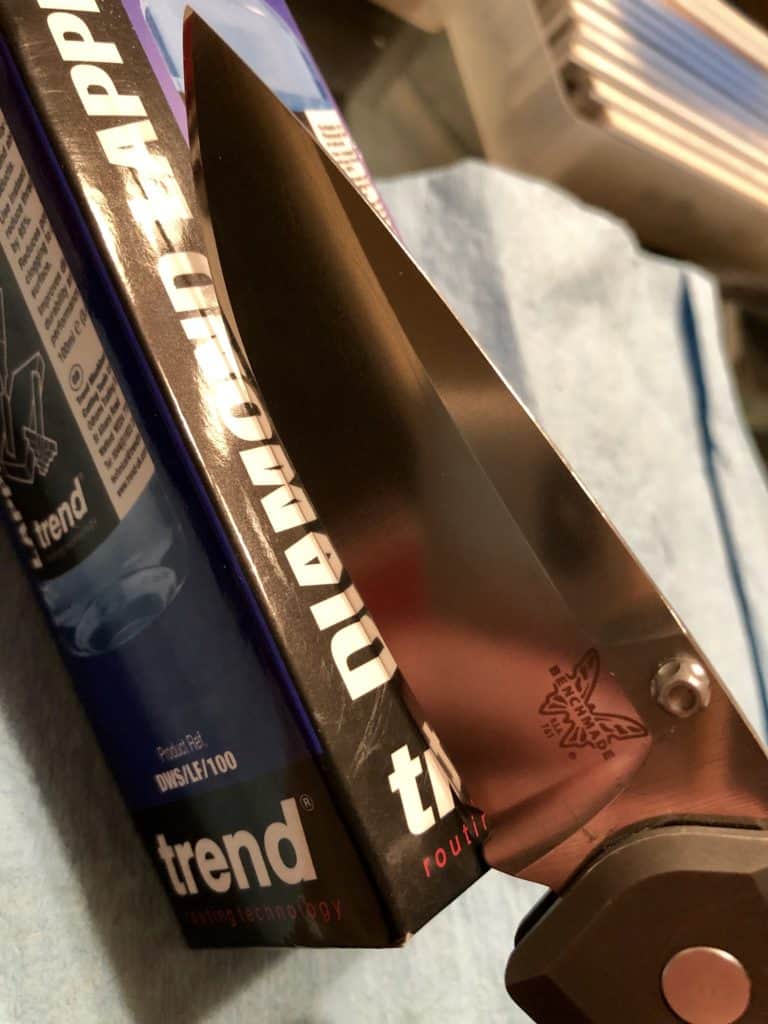I get calls from people all the time asking me for an opinion on their air conditioning system performance. Almost always the call is prompted because something just isn’t right. Perhaps you feel too humid in your Houston home. The indoor comfort level just isn’t there as the Houston area weather transitions from mild spring to summertime patterns. That means hot and humid. This article applies to any place in the southeastern United States bordering the Gulf of Mexico with a reputation for a hot humid summertime. Does it seem too humid in your Houston home? Let’s discuss that clammy feeling inside your home and some things you might consider having checked out.
What Causes You to Feel Too Humid in Your Home?
Excessive indoor humidity in the home creates a sticky, clammy feeling. For most people, it’s above the average comfort zone of around 50 percent relative humidity by 20 or more percent. At this level it may feel too humid in your Houston home. For all intents and purposes, the reason for your wetter-than-average indoor air is that your air conditioning system is unable to dry it through normal operation. Why is the sometimes tricky question to answer? Here are a few scenarios that could be to blame:
Recent Changes or Upgrades Improving Efficiency
Recent remodeling resulted in a much tighter home. Rebuilt wall systems, roofing and attic areas, high-efficiency replacement windows, and sealed doors can all contribute by rendering your existing AC system oversized. Your energy-efficient upgrades have resulted in much less AC
Air Conditioner System Oversized
Oversized AC System. Too many tons or BTUh of AC for your actual heat load means that your system won’t turn on and remain on long enough to equalize and operate efficiently. Consider an automobile tire’s air pressure; too little or too much air will result in poor performance and excessive premature wear. But inflating to its design pressure, you enjoy peal performance and tread life. AC Systems are similar in that they are designed for a specific range of efficiency. It may seem counterintuitive, but it’s true that you can have too much AC for comfort.
Excessive Infiltration of Poor Ventilation
Excessive infiltration or plenum leaks can allow an excessive amount of unconditioned air into the AC system return and overwhelm the properly designed AC System.
Refrigerant Leak
AC System refrigerant leaks cause your system to have too little refrigerant to function properly, forming ice and disrupting performance and airflow for proper operation.
Improper Airflow
Improper airflow due to clogged filters, excessive dirt, and dander, a collapsed return duct, a faulty blower, or a fresh air control damper are all possible reasons for poor cooling, higher-than-normal humidity, and lack of comfort in the air-conditioned space.
The list above outlines the major reasons causing high humidity. So, how do you narrow down the actual cause?
How to find the cause of excessive humidity in your home?
To zero in on your excessive indoor humidity issue, consider any recent changes to your home since last summer. Have you remodeled anywhere? Have you had a new roof, attic insulation, or any foam insulation installed? How about replacement siding or windows? New construction techniques and materials have come a long way in the last 10 to 20 years. If your home was built before these new standards, chances are that your energy efficiency has risen, possibly dramatically.
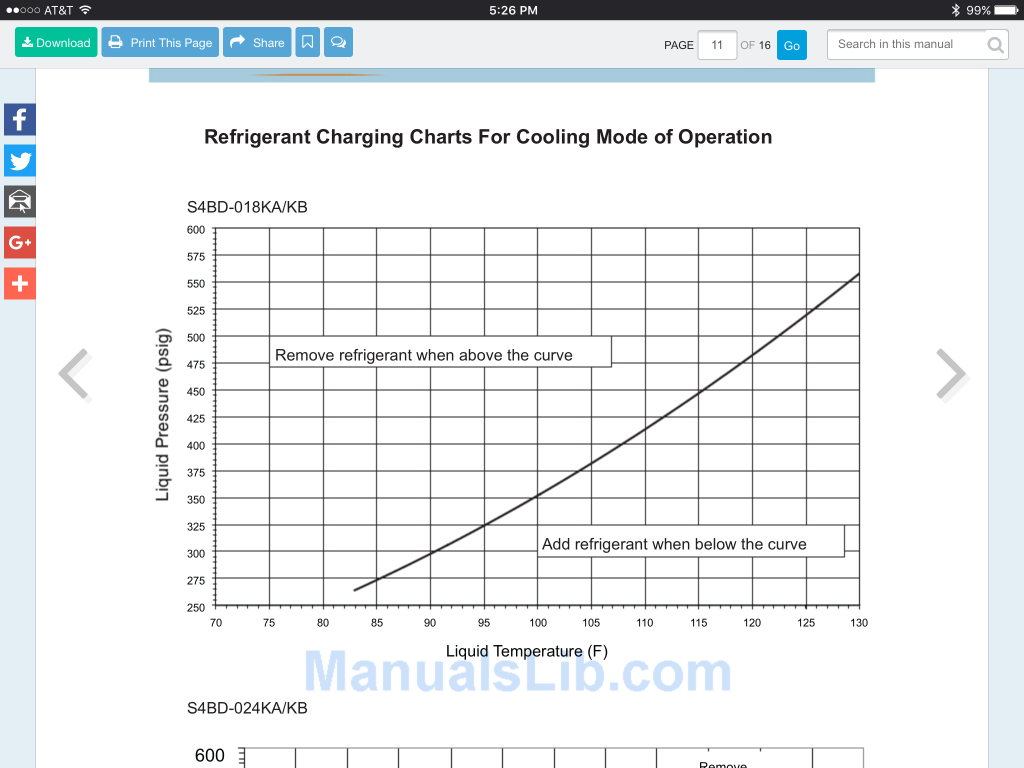
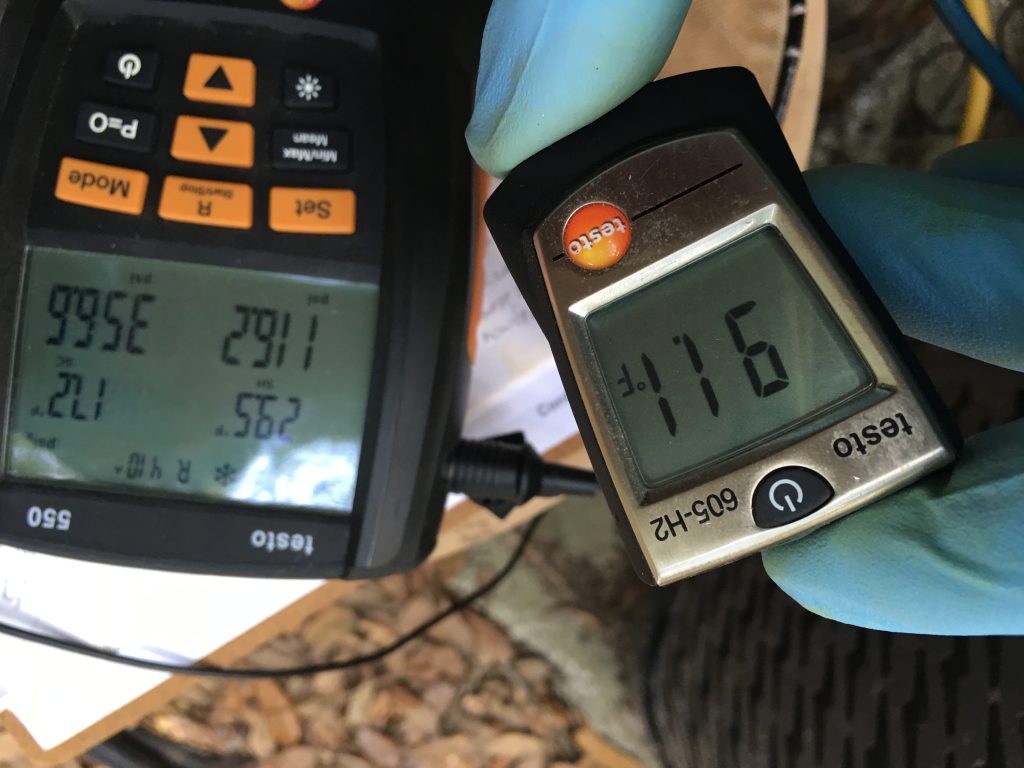
Have you replaced or added any AC system components? It’s possible that your system is improperly sized or mismatched resulting in “short-cycling.” Short-cycling means that the system isn’t running long enough to dry the air in your home even though the temperature is ok. A central air conditioning system will not begin to remove humidity until it has been operating for about 20 minutes. Of course it’s also possible that the system developed a leak or defect too. Even if new, it must be accounted for. The system performance is relatively easy to assess for a properly equipped HVAC professional. However, there are a few basic things you can check ahead of time too which might indicate a potential problem.
Run time
Does the AC outdoor unit remain on for at least 15-20 minutes or more when it runs? It should, to give it a chance to actually dry some air.
Temperature Differential
After the outdoor unit has been running for 20 minutes or more, hold your hand above the air discharge fan on top of your condensing unit (the outdoor thing), and note the condenser discharge air temperature difference from the current outdoor temp. If you have a little thermometer that’s even better. What you want is a 10-15 degrees F higher air temperature than ambient. In other words, if it’s 85 F outside, you want 95 F degrees or more blowing out the top.
Beer Can Cold Low-Pressure Refrigerant Line
The larger of the two copper refrigerant lines coming out of the wall to the outdoor unit should feel “cold beverage cool” and have some condensation. The thinner of the copper pipes should not, and should be quite warm to hot. The little can inline is a flter, if you have one. It should not have any frost and also should be very warm. If so, this is a good indicator that the system is operating relatively ok.
Return Air vs Supply Air at Registers
Indoors, the temperature between the return air grill (many have filters in them) and the supply registers should will be at least 15 degrees cooler after operating for 20 minutes. I would say at least 10-20 degrees cooler air blowing out of the supply register closest to the indoor ac coil. Return air is the intake of air to be conditioned. Supply air is that cooler drier air coming out of the registers in the walls or ceilings. Again, if the air is cold, that is helpful to know even if the air is not dry enough.
Air Leaks
Many Houston area homes have the indoor part of the AC system installed in the attic space along with all the ductwork. The ductwork should look taught and straight with graceful curves rather than elbow-like turns. You should feel warmer in the attic than in the air-conditioned space, maybe by as much as 20-25 degrees warmer. This means your supply ductwork should be tight and not leaking conditioned air in the non-living space of the attic. Conversely, there should be no return duct leaks, which would pull excessively moist humid air into the system and overwhelm it. Return leaks can be tricky to find, but definitely make it feel too humid in your Houston home. Some use smoke from incense or look for an unstable candle flame when visual inspection and telltale hissing aren’t present.
Poor Air Flow
Just as the AC design must be properly sized for the space it’s supposed to cool, the flow of air through the entire system and each room must be coordinated too. There are rules of thumb about airflow, but measuring is beyond most homeowners without specialized tools to measure velocity and pressure drop. That said, you can use your eyes to ensure that there is no ice build-up or dirt buildup anywhere you can look into, such as the coil and blower. The squirrel cage on the blower motor and the nearby evaporator coil should be squeaky clean to permit maximum airflow through the system.
Well, that’s about it for quick, self-check things to look for. If your assessment of these things do not expose a potential anomoly or two, then it may be time to call in the experts. If you feel too humid in your Houston home If you may need to call an expert. Start by finding one certified by NATE, you won’t be sorry.
NATE Certified HVAC Technicians
I suggest a NATE Certified Master Technician for all my friends and family who ask for a recommendation. If only we could find the best doctors this way. That NATE Certification is above and beyond the knowledge a TX HVAC Licensee requires. It means the technician really knows their stuff and is fully qualified to resolve your humidity issues. I promise you, you get what you pay for in the trades, the best are busy and cost a little more. I’m not saying there are no good non-NATE Certified HVAC techs, the problem is how do you know? Can a NATE Certified tech make an error, hey, we’re human, so sure. But it’s very unlikely and I assure you they will fix your system at the end of the day and will do it properly using best practices and materials. Just do it.
